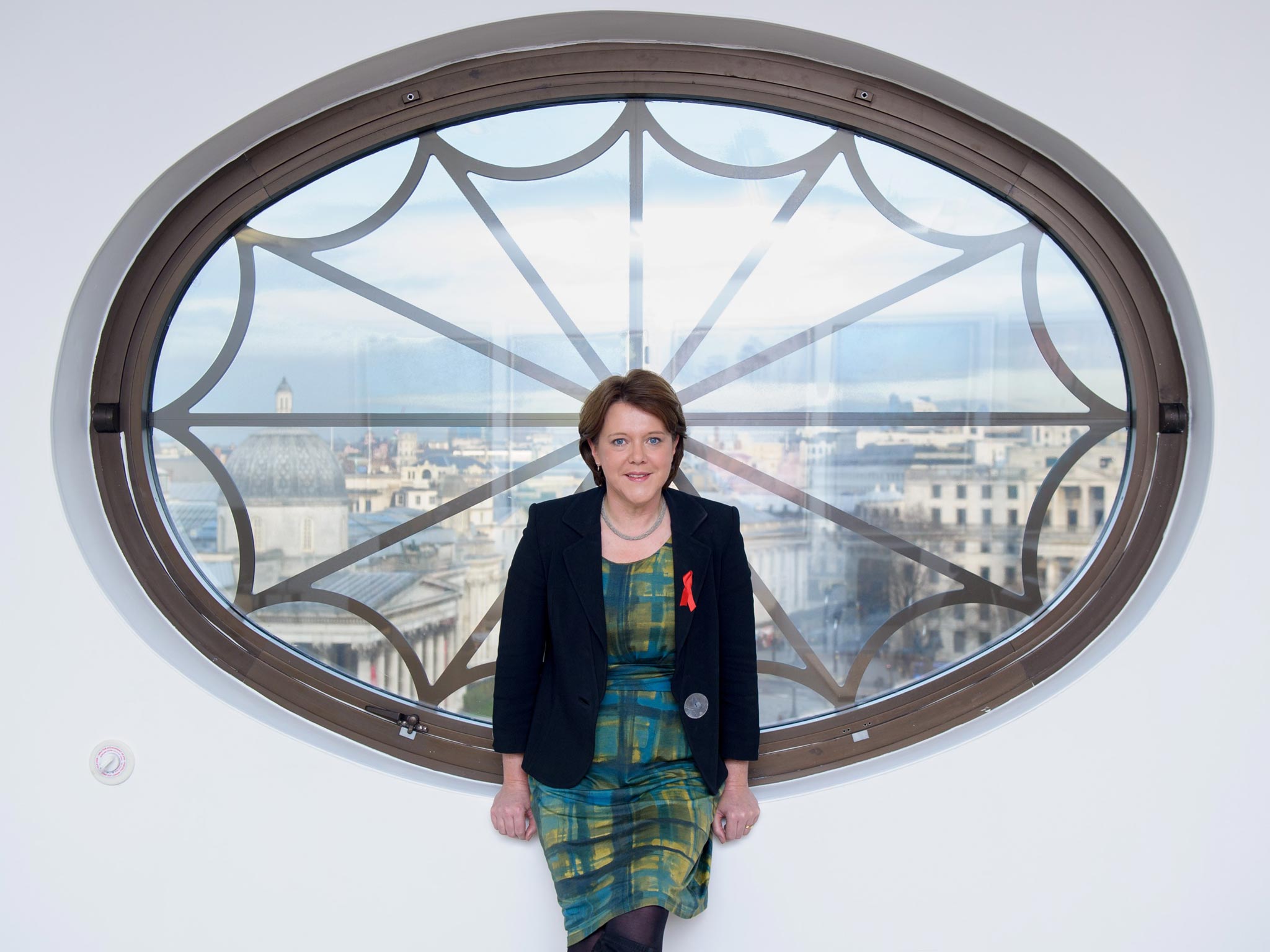Maria Miller profile: a rapid rise led to her Leveson role that friends blame for her downfall
She was pushed through legislation on gay marriage, a flagship Cameron policy she embraced but one that might also have cost her support

Your support helps us to tell the story
From reproductive rights to climate change to Big Tech, The Independent is on the ground when the story is developing. Whether it's investigating the financials of Elon Musk's pro-Trump PAC or producing our latest documentary, 'The A Word', which shines a light on the American women fighting for reproductive rights, we know how important it is to parse out the facts from the messaging.
At such a critical moment in US history, we need reporters on the ground. Your donation allows us to keep sending journalists to speak to both sides of the story.
The Independent is trusted by Americans across the entire political spectrum. And unlike many other quality news outlets, we choose not to lock Americans out of our reporting and analysis with paywalls. We believe quality journalism should be available to everyone, paid for by those who can afford it.
Your support makes all the difference.Maria Miller may be remembered as a minister who found herself in the wrong job at the wrong time.
Friends of the former Culture Secretary believe she would not have been forced to resign from the Cabinet if she had not been responsible for implementing the proposals to reform newspaper regulation flowing from the Leveson inquiry.
Ms Miller's resignation letter does not disguise her sense of injustice — or her belief that her fall was caused in part by her role in implementing Leveson. The original allegation over her expenses, on which she was cleared, was made in The Daily Telegraph. To add fuel to the flames, the newspaper claimed that Joanna Hindley, her special adviser, put pressure on it by “ flagging up” her boss’s role in the post-Levson discussions. Ms Hindley strongly denies that she was trying to threaten the paper.
Friends will also reflect that the 50-year-old Basingstoke MP was a lightning rod for attacks by newspapers resisting tougher regulation, that should really have been aimed at David Cameron. Downing Street, rather than Ms Miller, was calling the shots as the Government wrestled with the thorny question of whether to bring in statutory controls of the press. Significantly, Ms Miller was absent when a 2.30am deal was struck with Nick Clegg and Ed Miliband in the Labour leader's office. The Conservatives were represented by Oliver Letwin, Mr Cameron's policy chief.
Ms Miller was an advertising executive and former marketing manager at Texaco before becoming an MP in 2005. She rose quickly up the ladder, being made an opposition spokeswoman on education Mr Cameron in the year she was elected and later the shadow Minister for Families. She was made Minister for Disabled People when the Coalition was formed in 2010, winning promotion to the Cabinet as Culture Secretary and Minister for Equalities and Women two years later. Tory critics believed her ascent was due in part to the paucity of experienced women Conservative MPs. She was one of only four women in the Cabinet as Mr Cameron struggled to implement his pre-election pledge that a third of his ministers would be women. Those critics point to a lack of political judgement in her short and rather grudging apology to the Commons over her response to the expenses inquiry, saying a more contrite approach would have saved her skin.
Civil servants saw her as a safe pair of hands rather than someone destined for higher office, a minister more comfortable reading a brief than thinking on her feet.
As Minister for Equalities, she was responsible for steering legislation on gay marriage on to the statute book, a flagship Cameron policy she embraced enthusiastically. As with Leveson, her support for the measure may have left her with fewer friends in her hour of need; there was strong hostility to same-sex marriage on the Tory backbenches and among the party's grassroots.
In the short term at least, Ms Miller will be remembered for a row about her expenses rather than for an historic change on gay rights. Even in the long run, the credit for that may go to Mr Cameron.
Join our commenting forum
Join thought-provoking conversations, follow other Independent readers and see their replies
Comments